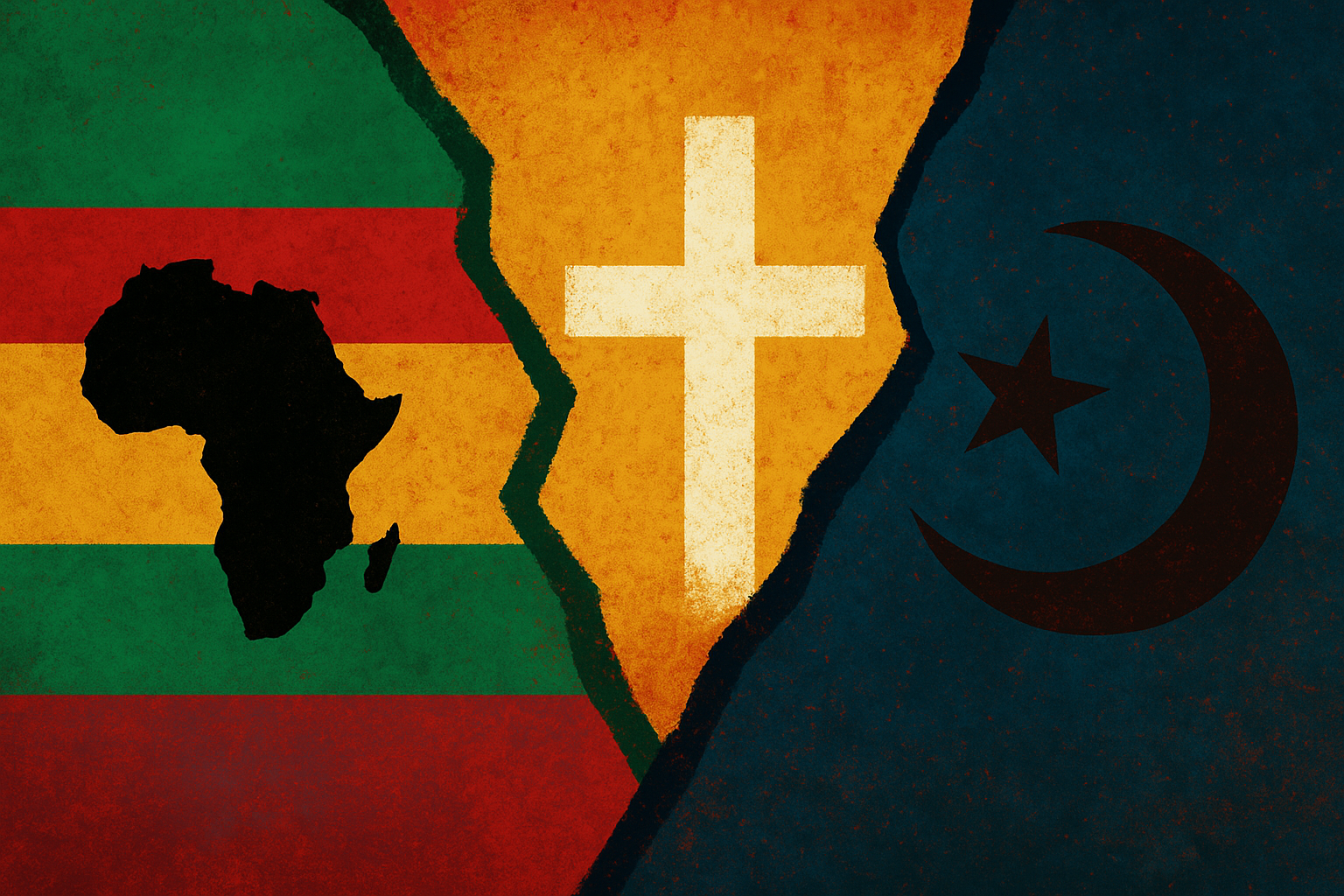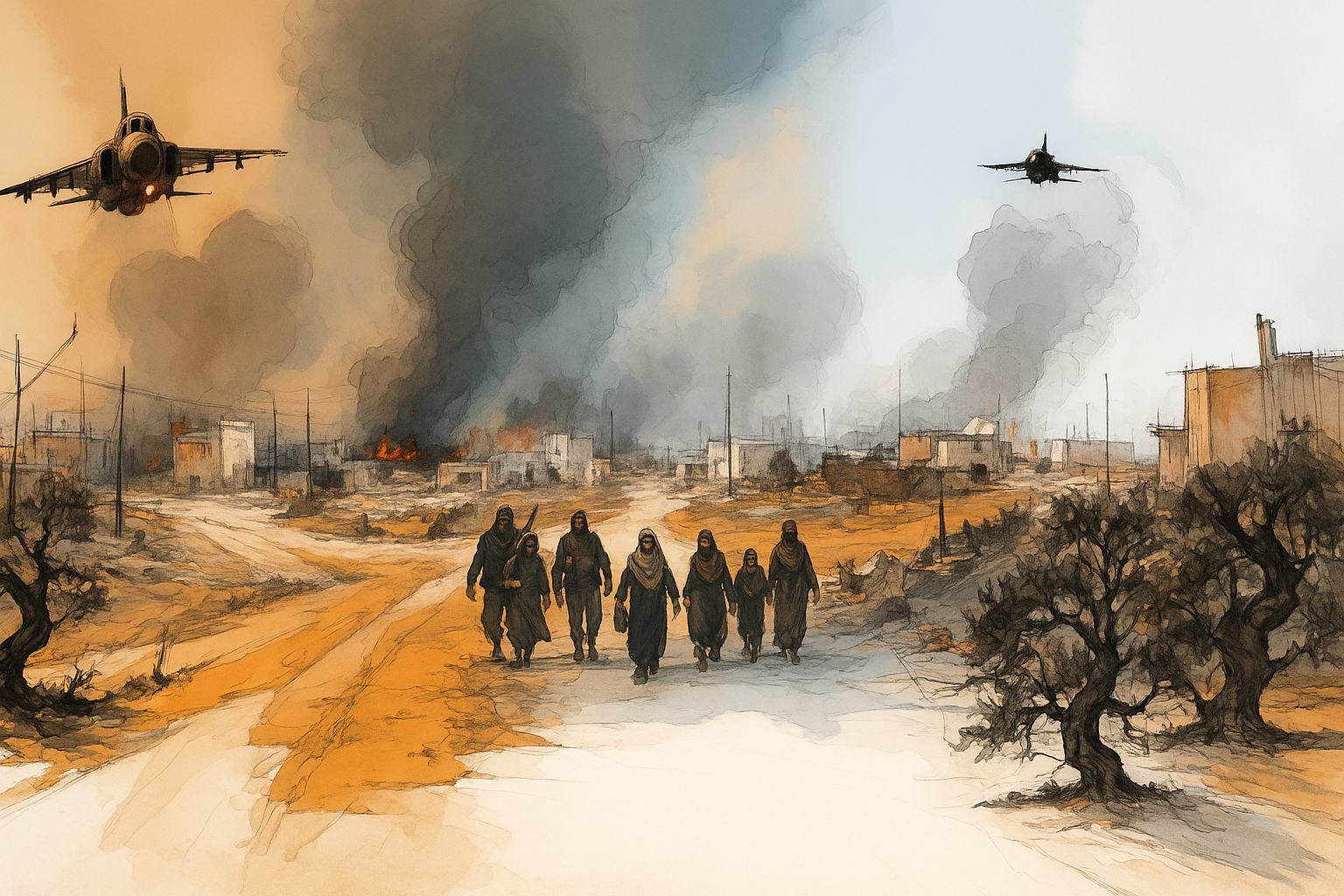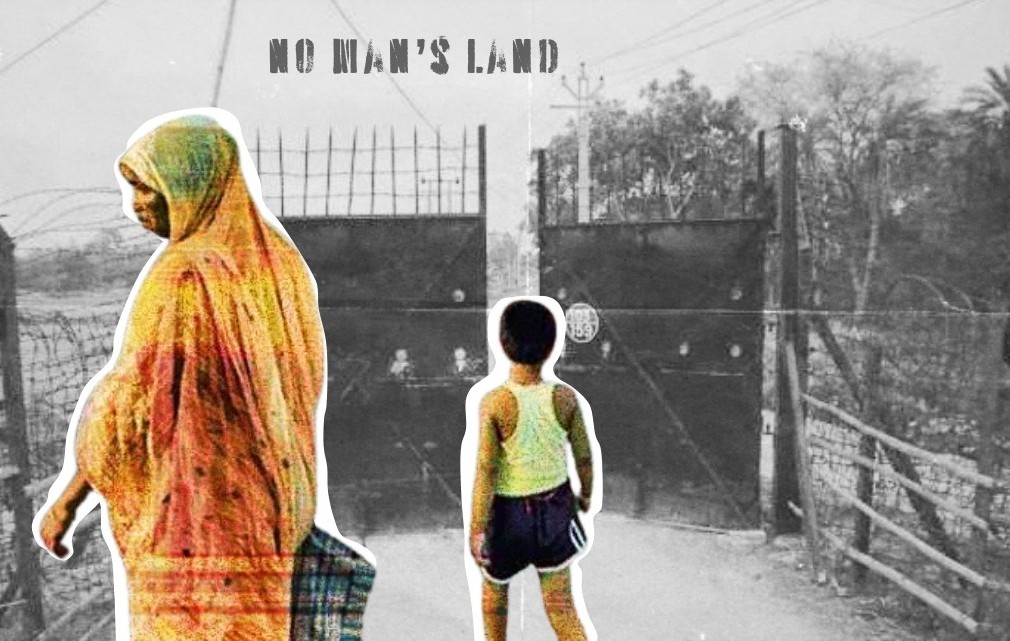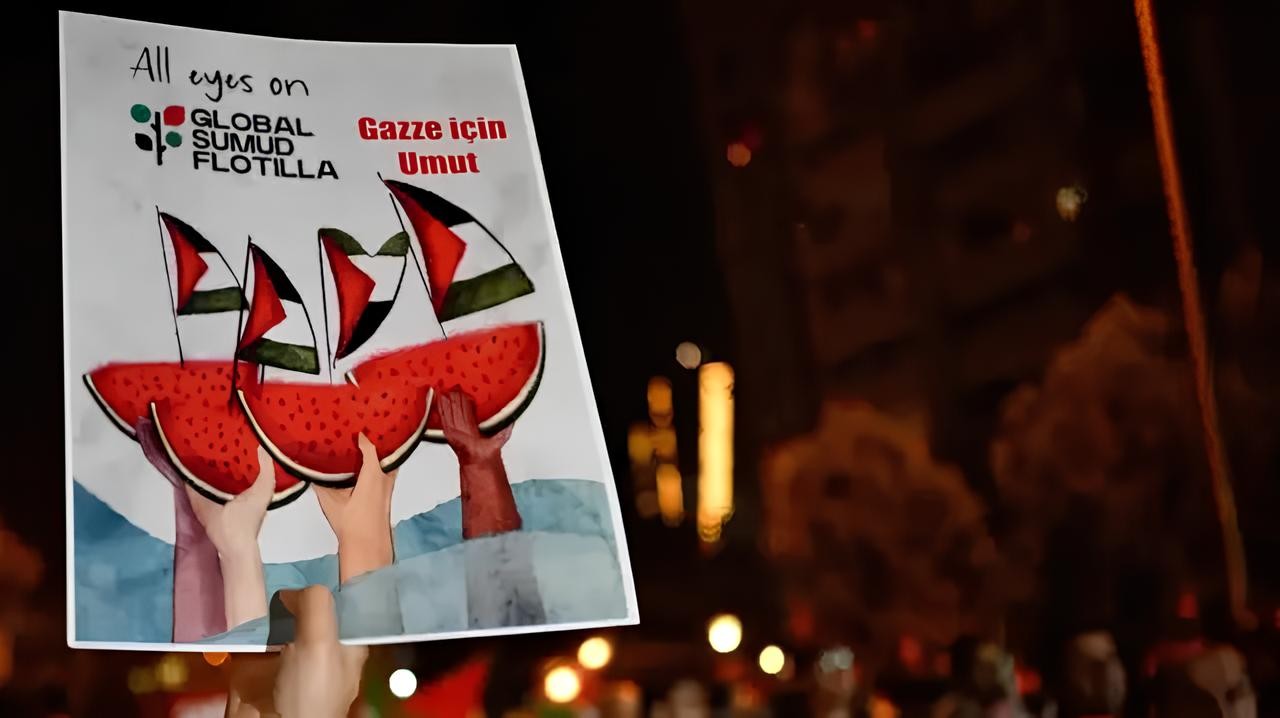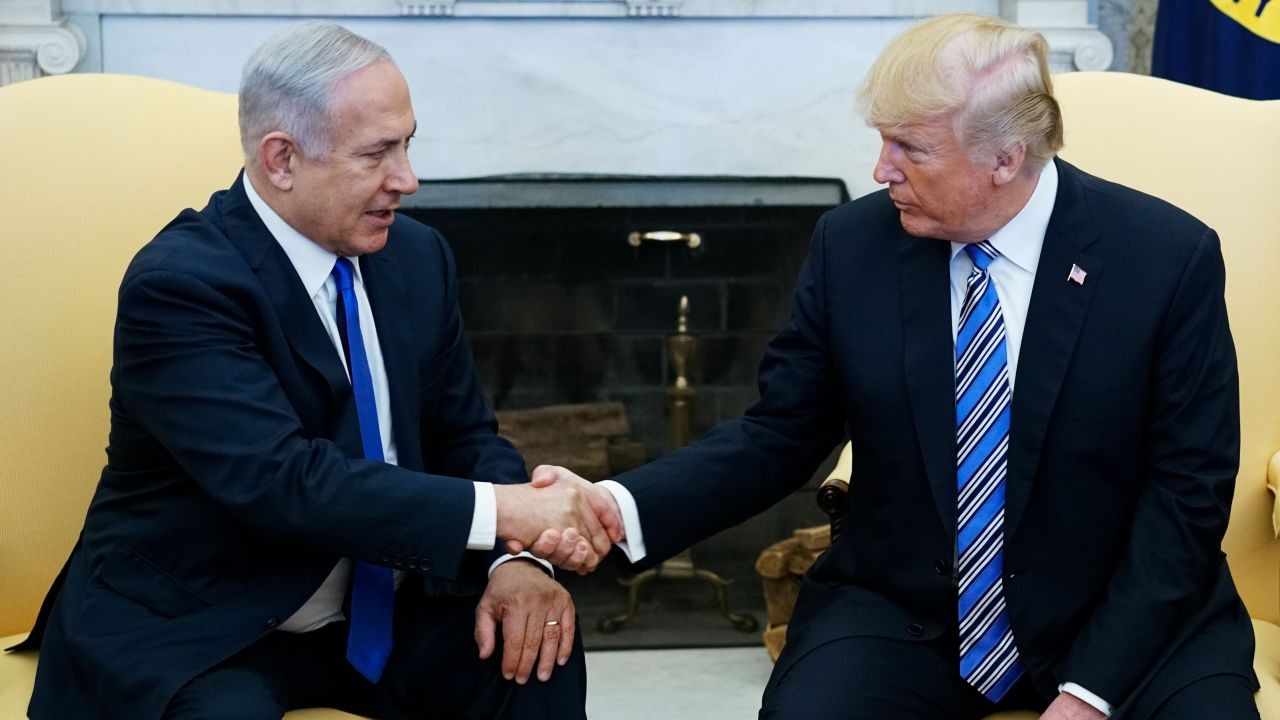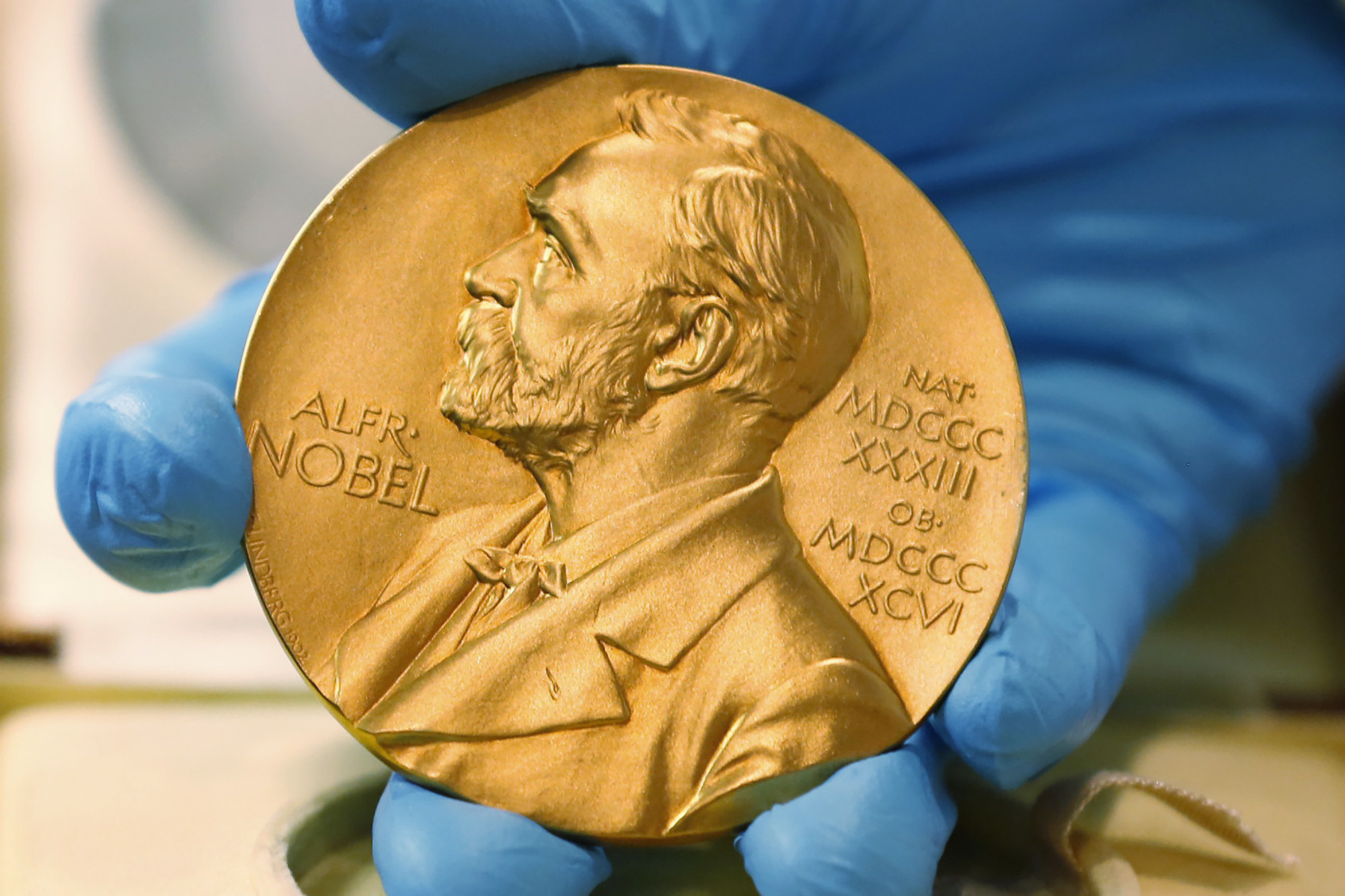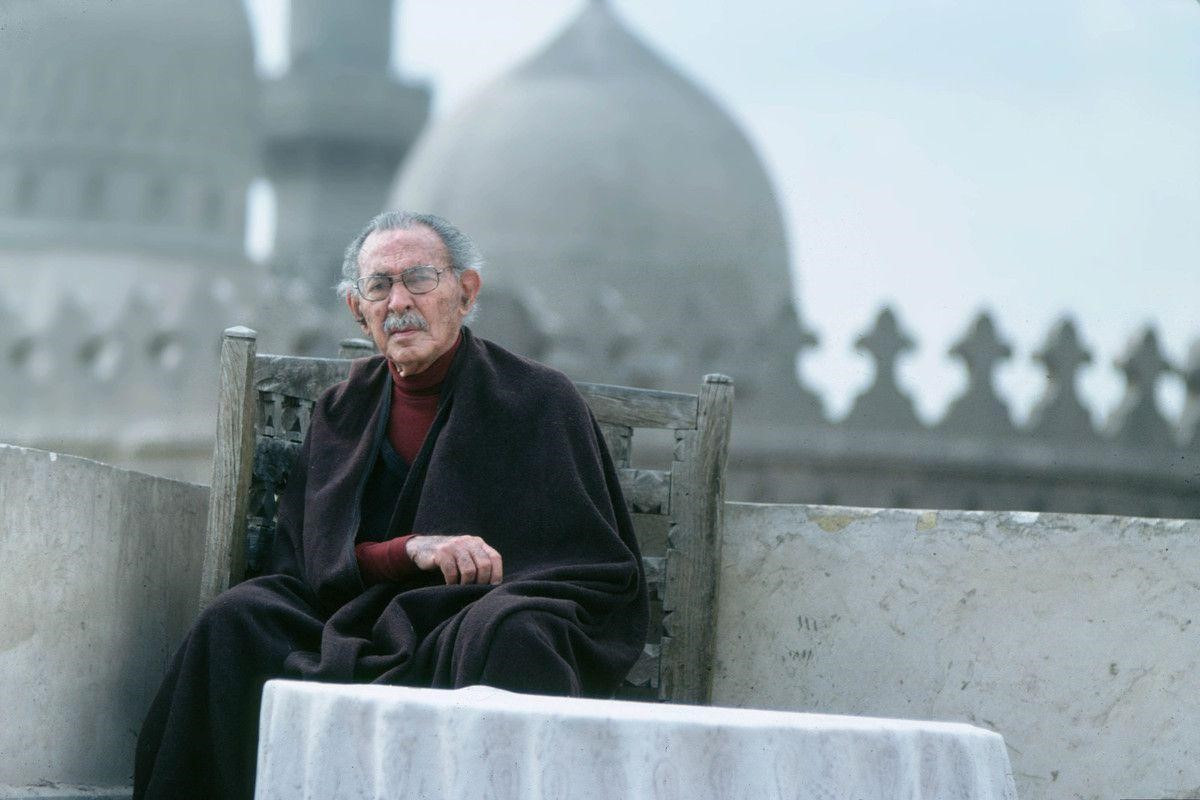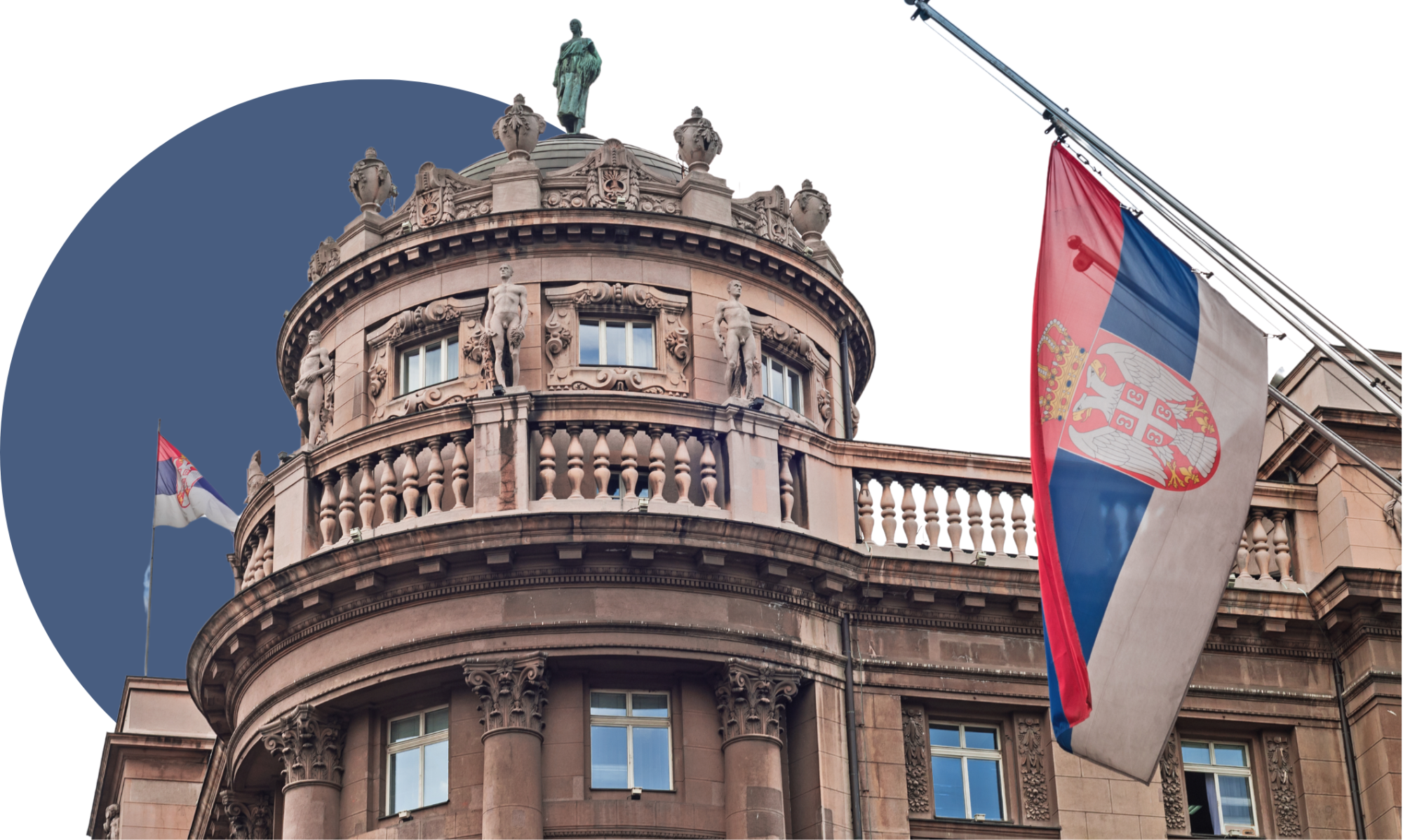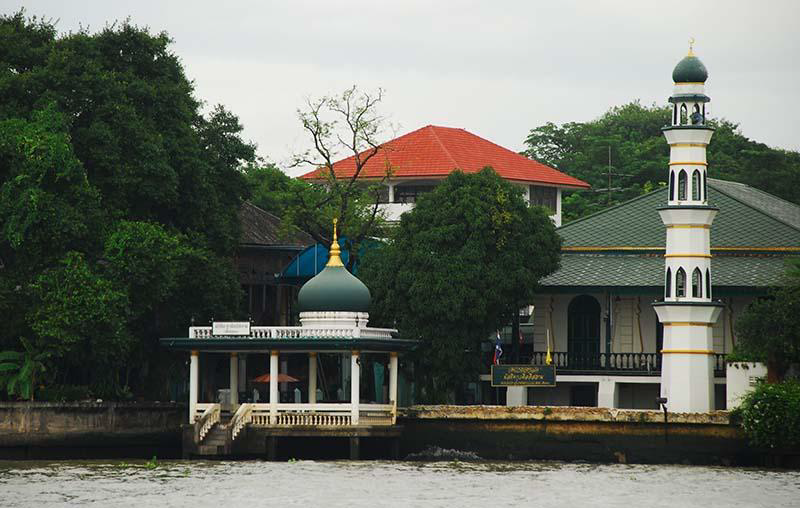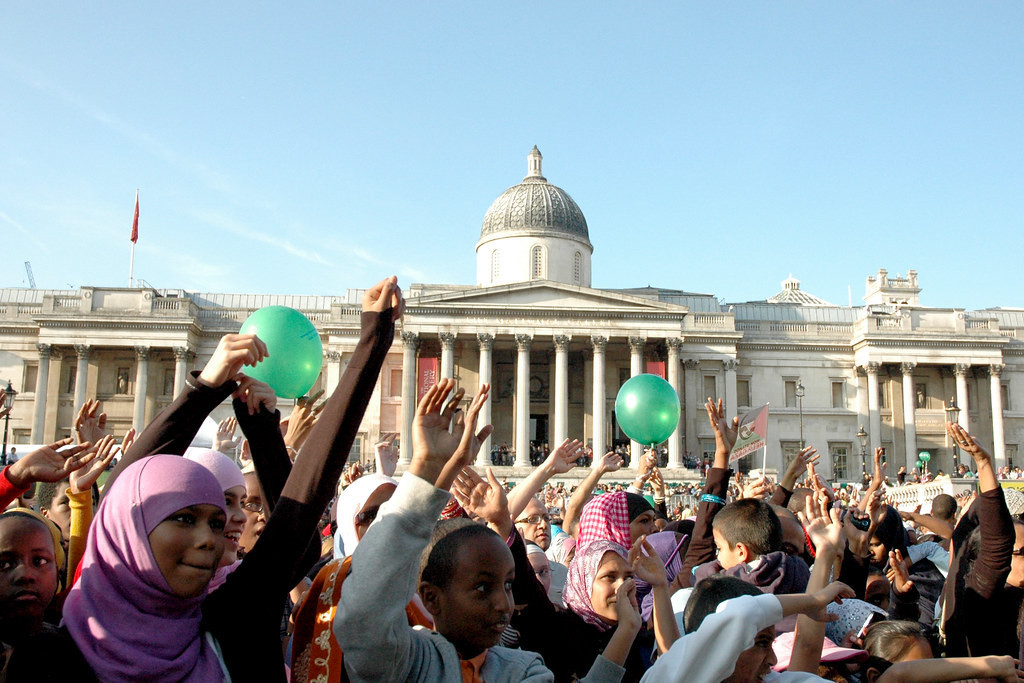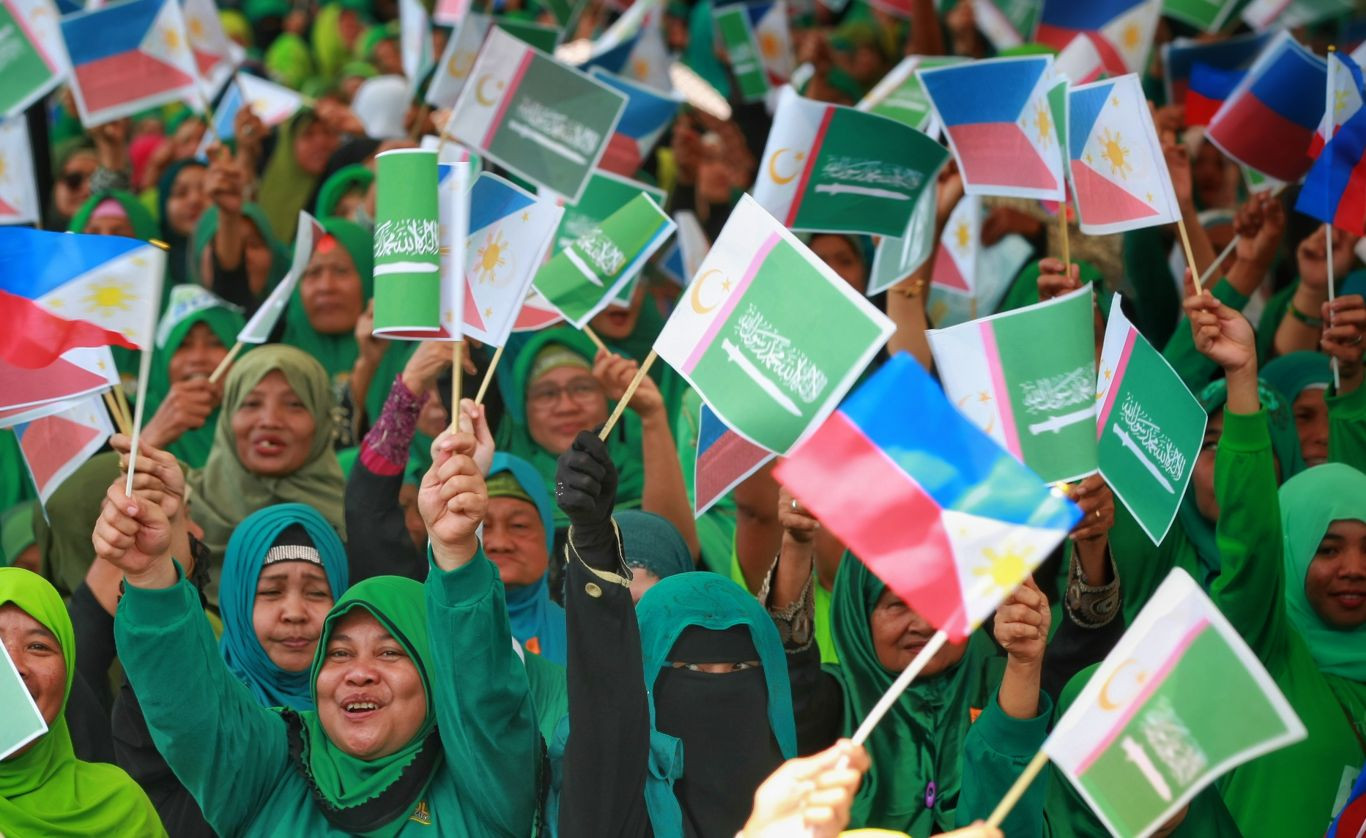
A Muslim Community in the Easternmost Part of the World: CSOs in Bangsamoro
The Republic of the Philippines is an island nation located in the easternmost part of the Asian continent, comprising a total of 7,700 islands. Situated in the Pacific Ocean, it lies on the western edge of a region highly active with Pacific earthquakes and tsunamis. The Philippines is divided into three main island groups: Luzon, Visayas, and Mindanao. The country is constituted by 17 regions, 81 provinces, 144 cities, and 1,491 municipalities. As a form of governance, it is a secular state where religious and state affairs are separate. Due to the country’s prolonged period under Spanish rule and cultural influence (from the 16th century to the early 20th century), Catholic Christianity is predominant. Over 85% of the country’s population is Christian. According to 2012 data from the National Commission on Muslim Filipinos (NCMF), Muslims constitute 11% of the population. The area known as Bangsamoro is primarily a region on the island of Mindanao, named by the Spanish, where the largest concentration of Muslims resides. Additionally, Palawan and the Sulu Archipelago are also known to have significant Muslim communities.
The Bangsamoro Autonomous Region in Muslim Mindanao (BARMM), where Muslims are in the majority, is one of the 17 central regions in the Philippines. Of the approximately 12-13 million Muslims residing in the country, around 5 million live in this region. The island of Mindanao is divided into six administrative regions: Zamboanga Peninsula, Northern Mindanao, Caraga, Davao, SOCCSKSARGEN, and Bangsamoro. These six regions encompass 22 provinces and 30 cities, only four of which are not on the island of Mindanao. These include the Sulu Archipelago in the southwest, with major islands such as Basilan, Jolo, and Tawi-Tawi, as well as the cities of Camiguin, Dinagat, and Siargao, which also have Muslim populations. Nearly all Muslims in the region adhere to the Shafi'i school of thought. It also includes Marawi, Lamitan, and Cotabato City, as well as 63 barangays (municipalities) in North Cotabato that chose to join the BARMM autonomous region. The semi-autonomous Muslim government, also abbreviated as BARMM, has continued its operations as a public administration following the results of a referendum held in 2019.
Bangsamoro is the name given to a region in the Philippines on the island of Mindanao, where Muslims live—a name designated during the Spanish occupation. According to current data, approximately 25% of those living in Mindanao are Muslim. The remaining population consists primarily of Christians, with around 7% being polytheists. Today, in the Bangsamoro Autonomous Region in Muslim Mindanao (BARMM), which comprises a limited area of Mindanao Island, around 85-90% of the population is Muslim. There is no precise date for the introduction of Islam to this region. However, it is generally accepted that Muslims predominantly arrived in the 12th century for purposes of proselytizing and trade. It is also widely acknowledged that Muslim traders and missionaries came both before and after this date.
- Civil Society Activities in the Bangsamoro Region
- Local Civil Society Organizations in Bangsamoro
In the Bangsamoro region, it has been observed that the number of civil society organizations in a universal sense has steadily increased over the past 50 years. Most of these consist of various NGOs established under different names by groups fighting for the independence of the Bangsamoro region. Nearly every local NGO appears to align itself with political structures that it finds ideologically compatible. For instance, organizations such as the Bangsamoro Human Rights Commission and the Bangsamoro Lawyers Association are currently active. However, these organizations primarily continue their activities through cooperation with BARMM (the Muslim government and its administrative mechanisms). Nearly all NGOs in the region make an effort to stay within the boundaries set by BARMM's policies while also striving to influence the government's decisions. They attempt to play an active role in the public decision-making process, and their requests are largely taken into consideration by the BARMM government.
- Foreign NGOs in Bangsamoro
These types of NGOs operate predominantly as civil society organizations from outside the country. It cannot be said that these civil society organizations function independently of the activities of the states to which they belong. The organizations most active in the region are educational institutions and those engaged in legal activities.
- NGOs from European Countries and Japan
One of the most significant observations in this region is the presence of numerous civil society organizations from Europe and Japan operating under different names. These organizations focus not only on providing technical training but also on offering legal support to the newly established semi-autonomous BARMM government, assisting in the financial sector, and providing support to the government in exchange for project assistance. These organizations are attempting to influence the governance mechanisms of BARMM, which is still in its formative stages. For instance, we have directly observed German and Danish legal organizations (NGOs) preparing certain legal documents (draft laws) for the BARMM government and presenting these texts to the relevant authorities or bodies of BARMM.
- Civil Society Organizations for Higher Education
One of the areas where foreign NGOs are most active is civil society organizations through educational institutions. In addition to civil society organizations from France, it has been identified that Germany and Denmark from Europe, as well as Japan and South Korea, are also operating in this field. For example, despite the presence of three separate universities of the Philippine government in Cotabato, which has a total population of 500,000, 18 new colleges (higher education institutions with university status) are reported to have opened as of 2023, the majority of which are said to be foreign civil organizations. These university establishments are created through companies and are established as colleges, subsequently acquiring the title of "university" two years later. Although these colleges are also founded as companies, it is stated that the structures on which these companies depend are NGOs. The Bangsamoro-Turkish Educational Academy (BTEA), which will be mentioned below, operates as one of these 18 institutions from Türkiye.
- Non-Governmental Organizations for the Spreading of Faith
The existence of civil society organizations that are organized primarily along religious lines is particularly notable in the region. Most of these organizations are, as expected, Christian civil society organizations. However, it has been nearly impossible for these organizations to convert Muslims to Christianity. On the contrary, it has been observed that many Christians have converted to Islam, and this trend continues to rise. Additionally, especially on the island of Mindanao, there are numerous adherents of paganism and other polytheistic religions. The areas of activity of Christian organizations are generally directed toward this demographic. Indeed, according to statements from the World Council of Churches, there have only been two countries where the conversion to Christianity has been successful in the last century. These countries are South Korea and the Philippines. In the Philippines, in recent years, the majority of conversions to Christianity (after conversion from Islam) have occurred among the adherents of paganism and other polytheistic religions on the island of Mindanao.
- Non-Governmental Organizations for the Spreading of Islam
In the region, many local organizations are engaged in activities aimed at the "conversion to Islam" of Christians and followers of other religions. These highly successful organizations have, to date, facilitated the conversion of over 7000 people to Islam through the activities of duaths (those who were previously Christians and converted to Islam). Additionally, Islamic tabligh (spreading of faith) efforts are also being carried out by individuals from Saudi Arabia and Gulf countries. However, due to the overwhelming majority of the region's Muslims being Sunni (almost all adhering to the Shafi'i school), missionaries from Middle Eastern countries have not achieved significant success. While it is an undeniable fact that terrorist organizations such as ISIS have had a presence in the region, it is known that their influence is waning, and they are steadily losing ground. The local population's perspective of "remaining Muslim while also benefiting from the world's resources" has led them to view Islam as a belief system that aligns with a "civilizational vision."
- Non-Profit Organizations Devoted to the People of Bangsamoro
Turkish NGOs are regarded as organizations that serve the people of Bangsamoro without expecting anything in return. Numerous NGOs are operating in the region. The leading, prominent, and well-known NGOs are mentioned below, yet, certainly, Turkish NGOs are not limited to only the organizations listed here. Aid from Türkiye is provided to those in need through these organizations in the form of in-kind and cash aid distributions. Primarily focused on the children of martyrs, these efforts include providing meals, distributing zakat, and bringing talented and orphaned students to Türkiye to complete their education with exposure to Turkish and Islamic culture. These organizations have left a very positive impact on the local population and have increased goodwill towards Türkiye.
- IHH Foundation or Other Organizations
Undoubtedly, it has not been easy for the BARMM government to reach its current position. Following nearly 40 years of conflict, Türkiye, one of the five countries that mediated negotiations with the Philippine government under UN supervision, and the independent Turkish organization IHH, which participated as an observer, played a significant role in the peace talks and made important contributions. IHH has conducted activities in the region that no other Turkish NGO recognized. Additionally, it has supported the children of martyrs from the conflicts. Its activities in the BARMM region continue to grow.
- Konya Ribat Humanitarian Aid Association
This organization, based in Türkyei, operates entirely on volunteer work in the BARMM region. It cares for orphaned children who have lost both parents or at least one parent. In addition, the organization undertakes substantial financial contributions and distribution initiatives to assist individuals in need. It significantly contributes to raising orphans and children in need. The organization bridges Türkiye and BARMM and promotes important acts of mutual aid among Muslims.
- Konya Dost Eli Aid and Solidarity Association
This organization, which started with a limited number of volunteers, now significantly contributes to raising children in the BARMM region who face life's hardships due to a lack of economic means. It also provides substantial support to those in need. Previously operating with small dormitories established locally, the organization expanded its activities in 2024 by completing a sizeable new dormitory.
- Bangsamoro-Turkish Educational Academy
Established through the collaboration of seven different NGOs from Türkiye, this organization continues its educational activities by setting up a higher education institution in the BARMM region. It addresses a topic that perhaps Turkish NGOs have not even considered or prioritized within the country, namely, establishing a university far from their homeland. However, due to the stringent laws in the country, it has not attracted sufficient foreign investment. Consequently, accepting foreign faculty members is not at the desired level. Therefore, there are significant challenges in bringing faculty members from Türkiye and having volunteers from other Islamic countries provide education in this region. It is also known that this organization holds international congresses and conferences on "Islamic economics," which is very important for the region's future and that its activities aimed at the residents of the BARMM region are generally well-received. In addition to its educational activities, this organization is known to be actively involved in different cultural activities and provide in-kind and cash assistance.
The Perspective of the Bangsamoro People on Local and Foreign NGOs
The Bangsamoro people generally perceive local NGOs as part of the BARMM government and approach them positively. In particular, they have a strong affinity for organizations for the spreading of faith operating without expectations. Overall, the proposals by local NGOs aimed at the broader community are taken seriously by most of society. On the other hand, NGOs that are not well-regarded by the BARMM administration often struggle to gain acceptance among Muslims in the region. As a result, NGOs operating in the BARMM region essentially need to be accredited, even if this requirement is not formally stated. They view the work of NGOs coming from abroad with respect. They have no prejudices against other religious groups. They do not pay attention to religious teachings outside of Islam. On the contrary, they also have responses to religious teachings directed against them. Moreover, the legal services and educational support provided by foreign NGOs, in collaboration with the BARMM government, are precious. These contributions are seen as significant factors in reducing unemployment in the region. They also benefit from the projects presented by economic project-based NGOs as much as possible.
It is also observed that Japan operates mainly through NGOs engaged in economic activities, while European countries are active in the fields of law, education, and social services. On the other hand, Turkish NGOs hold a rather exceptional place compared to other countries.
Conclusion
The presence of numerous civil society organizations in the BARMM region, where Muslims living in Mindanao, one of the three major islands of the Philippines, a country of islands located at the easternmost point of the world, have established a semi-autonomous government, is noteworthy. A significant portion of the locally established civil society organizations consists of entities that work alongside the BARMM government and support it. This situation is regarded as a crucial indicator for civil society organizations to gain public acceptance. Many civil society organizations from outside the Philippines aim to provide education (especially higher education), legal services, and project-based financial support. In particular, it has been observed that civil society organizations with economic objectives employ many people.
There is no indication that the local population evaluates these organizations positively or negatively. The local people benefit significantly from the advantages provided by these civil society organizations. Turkish NGOs are active in various fields and have a lot of activities. Therefore, due to the services they provide selflessly, they lead the local population to view Türkiye as the country for which they feel most sympathy.
Mehmet Refik Korkusuz
2023 yılında Banksmoro Türk Eğitim Akademesinde (Banksmoro Turkish Educational Academy) rektörlük yapan Prof. Dr. Mehmet Refik Korkusuz, hâlihazırda Dokuz Eylül Üniversitesi rektör yardımcısı ve Hukuk Fakültesinde akademisyen olarak çalışmalarını sü...
 Mehmet Refik Korkusuz
Mehmet Refik Korkusuz